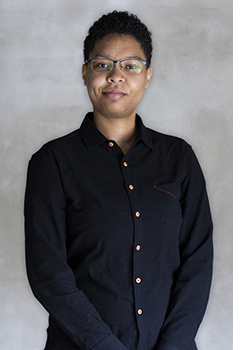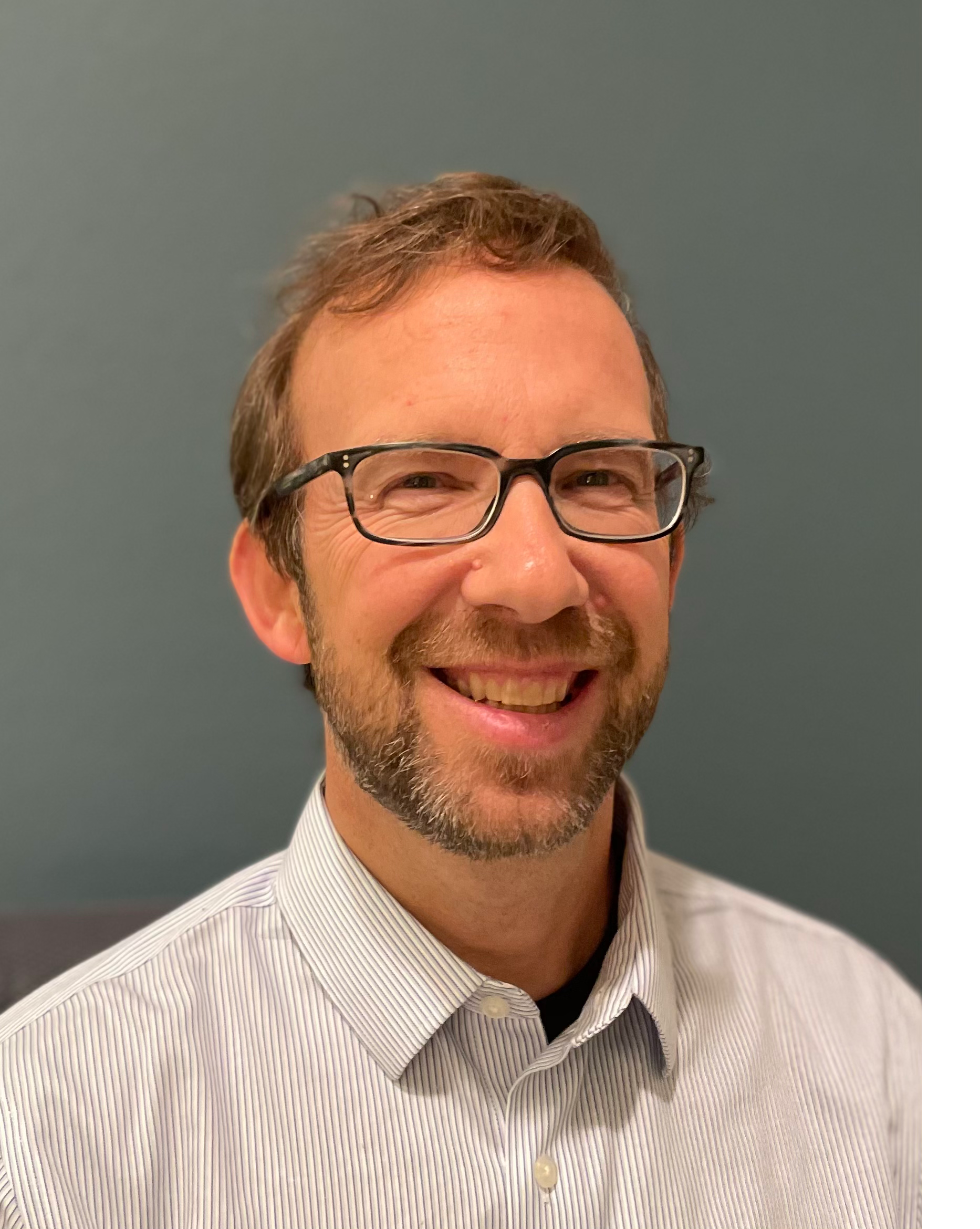Keynotes
We are proud to include three high-profile keynotes into our program:
- Jeremy Pitt (Imperial College London) — Self-Organisation Rooted in Deep Social Knowledge: Towards Contributive Justice and Civic Dignity in the Digital Society
- Lana Sinapayen (Sony Computer Science Laboratories) — Failure – a hallmark of biological adaptive systems, and a design guide for artificial adaptive systems
-
John Day (Blue Origin) — Challenges in Realizing Autonomous Space Systems(cancelled)
Jeremy Pitt (Imperial College London) — Self-Organisation Rooted in Deep Social Knowledge: Towards Contributive Justice and Civic Dignity in the Digital Society
Abstract: The question of self-organised governance has been of profound importance in the social sciences for thousands of years. It is of ever-increasing importance to computer science, not just for self-organisation of “intelligent agents” in cyber-physical systems, but also in socio-technical systems involving interacting human and computational intelligences. This talk will describe how theories from the social sciences for sustainability, distributive justice and legitimate governance can be formalised in computational logic and used in the self-management of decentralised systems, and will then consider how the codification of this “deep social knowledge” can be transferred back into socio-technical systems which address problems of collective action and public interest, prioritising human values and avoiding power asymmetries. The talk concludes with a discussion of contributive justice and civic dignity: in particular how self-organisation rooted in codified deep social knowledge can help to ensure that all stakeholders, but especially marginalised groups, consider themselves to be worthy participants in the transformation to the Digital Society.

Biography: Jeremy Pitt is Professor of Intelligent and Self-Organising Systems in the Department of Electrical and Electronic Engineering at Imperial College London (UK). His research interests focus on developing formal models of social processes using computational logic, and their application in self-organising multi-agent systems for engineering cyber-physical and socio-technical systems; some of this work won two Best Paper awards from the original SASO Conference. He has been an investigator on more than 30 national and European research projects and has published more than 150 articles in journals and conferences; his book “Self-Organising Multi-Agent Systems: Algorithmic Foundations of Cyber-Anarcho-Socialism” was published by World Scientific in 2021. He is a Fellow of the BCS and a Fellow of the IET, a member of the IEEE, and since 2018 has been Editor-in-Chief of IEEE Technology and Society Magazine.
Lana Sinapayen (Sony Computer Science Laboratories) — Failure – a hallmark of biological adaptive systems, and a design guide for artificial adaptive systems
Abstract: Some people’s reaction to visual illusions is, “Here you have it. The proof that our brains are just a collection of hacks cobbled together!” Adaptive systems might use different processes to perform one task; when the results don’t fit neatly together, (for example, when our visual system oscillates between several versions of reality), we feel like we have been tricked. Yet these failures and discrepancies are a powerful tool to understand not only how complex adaptive systems work, but also to design models of these systems, and even design new adaptive systems that use “collection of hacks cobbled together” to efficiently deal with tasks in their environments. I argue that we should push biological systems to their limits, and that replicating these limits in artificial systems could be an efficient design process.

Biography: Lana Sinapayen first joined the research world through an internship at the Honda Research Institute in 2012. In 2015, she completed a double-degree program, consisting of a degree in Information Sciences Engineering from the French National Institute of Applied Sciences, and an MS in Computer and Mathematical Science from the University of Tohoku in Japan. Shifting her focus from mathematical models to embodied cognition, she received her PhD in 2018 from the University of Tokyo, where her doctoral research focused on artificial life, and where she received the Ichiko Memorial Prize. She was also the recipient of a scholarship from the Integrated Human Sciences Program. In September 2018, she joined Sony CSL as an associate researcher. Her current ambition is to develop a new way of understanding cognition by embedding cognitive algorithms in real world applications.
John Day (Blue Origin) — Challenges in Realizing Autonomous Space Systems (cancelled)
Abstract: Government and commercial entities looking to explore space and exploit in-space resources are relying on increasingly autonomous systems to enable new missions, increase productivity, improve reliability and reduce operations costs. While these envisioned systems embody different degrees of autonomy, they will share common challenges in design, implementation, certification and operation. The self-adaptive nature of autonomous systems requires not only new algorithms and technology, but also changes in conceptualization, specification, design, development and operation of these systems. This talk will describe a set of representative space systems, review the challenges associated with this transition, and describe key capabilities needed to facilitate their realization.

Biography: John Day has over 30 years of experience working on a variety of space vehicles and missions. He has provided key technical and managerial expertise to human, deep-space, and robotic observatory projects and programs. He is actively involved in advancing the theory and state of practice of systems engineering, with a particular focus on enabling increasingly autonomous systems. John’s experience includes working at NASA’s Jet Propulsion Laboratory, at Lockheed Martin Missiles and Space, and his own systems engineering consulting company. He is now the Flight Autonomy Capability Focal, Advanced Development Programs, at Blue Origin. He holds degrees in electrical engineering from Texas A&M University and the University of California, Los Angeles (UCLA).